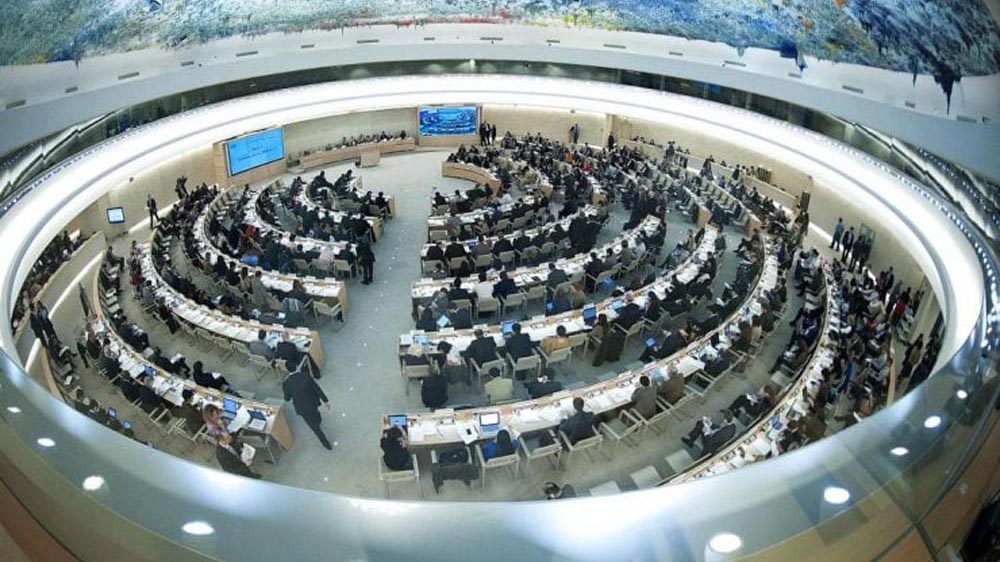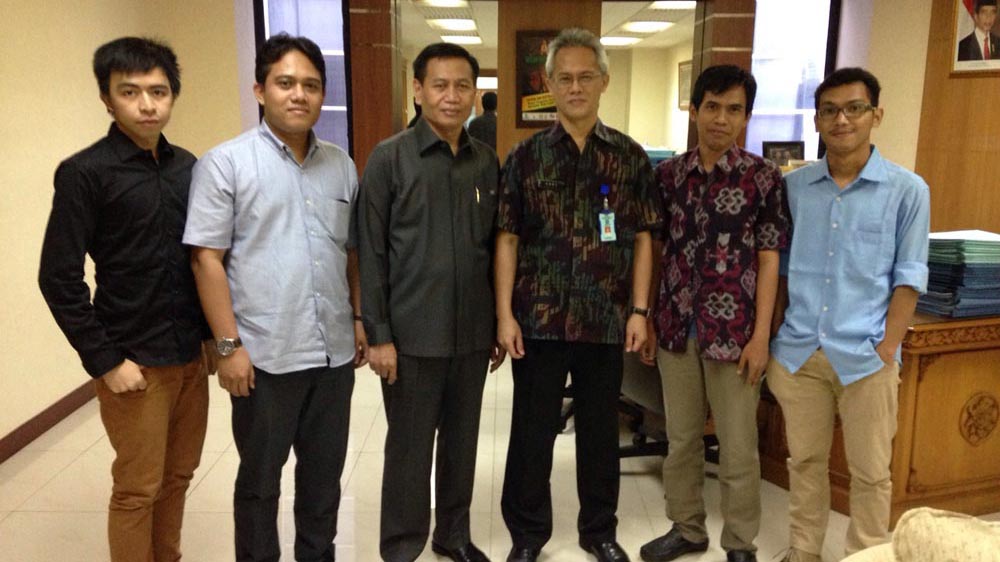
The Pressure for Human Rights Improvement at National Level: Civil Society Report in Indonesia Universal Periodic Review 2017
As a part of international community, Indonesia, normatively, has a responsibility to take real actions for human rights at national level. Indonesia’s commitment in ensuring the realization of human rights for each individual has been manifested by its commitment to ratify at least 8 of 9 fundamental international human rights agreements, such as International Covenant on Civil and Political Rights (ICCPR), International Covenant on Economic, Social, and Cultural Rights (ICESCR), Convention on the Rights of the Child (CRC), and Convention Against Torture (CAT).
In the process of development, Indonesia has been involved with various human rights mechanisms provided by United Nation (UN) in order to improve the guarantee of human rights in Indonesia through international forum. In 2006, UN Human Rights Council has created Universal Periodic Review (UPR), which reviews human rights performance in 193 UN member countries, including Indonesia. Since UPR was created, Indonesia has placed itself as leading countries to be reviewed by United Nation Human Rights Council. For the last two period (2007 and 2012), it is obvious that Indonesia has failed in fulfilling its commitment toward the given recommendations in the previous sessions.
In 2012, Indonesia has received 180 recommendations from other UN members of which Government of Indonesia only accepted 150 recommendations, and rejected the rest 30 recommendations. Despite of the massive commitments shown to implement the 150 recommendations, in the reality the realization of those recommendations are far behind.
The lack of Indonesia’s honesty to ensure the recommendations implemented in the UPR drew the attention of civil society organizations which focus of the human rights improvement in Indonesia, they then proposed Alternative Stakeholders’ Report to UN Human Rights Council. The submitted report consists of 5 separated reports that highlight various human rights issues in Indonesia, and could be divided as follow:
- Joint Report of 33 Civil Society Organizations in Indonesia coordinated by Human Rights Working Group (HRWG) Indonesia. It covers 24 main issues regarding 150 UPR recommendations in 2012;
- ELSAM Joint Report with 6 other Civil Society Organizations on 5 selected issues regarding death sentence practice in Indonesia;
- ELSAM Joint Report and Institute for Criminal Justice Reform (ICJR) with National Alliance for Criminal Code which specifically highlights Criminal Code Revision and torturing in Indonesia.
- ELSAM Joint Report with 5 other Civil Society Organizations which conveys freedom of expression, freedom of association and freedom of assembly in Indonesia;
- ELSAM Joint Report with Privacy International (PI) which discusses about ensuring the protection for privacy rights in Indonesia, including the aspect of communication interception and the protection of personal data.
Basically, ELSAM hopes that these 5 reports could give positive contribution to UN Human Rights Council and other UN member countries in understanding the current situation regarding human rights improvement in Indonesia. With this consideration, hopefully in the Universal Periodic Review 2017, Indonesia could be the catalyst for human rights improvement at national level.
Jakarta, 30 November 2016

